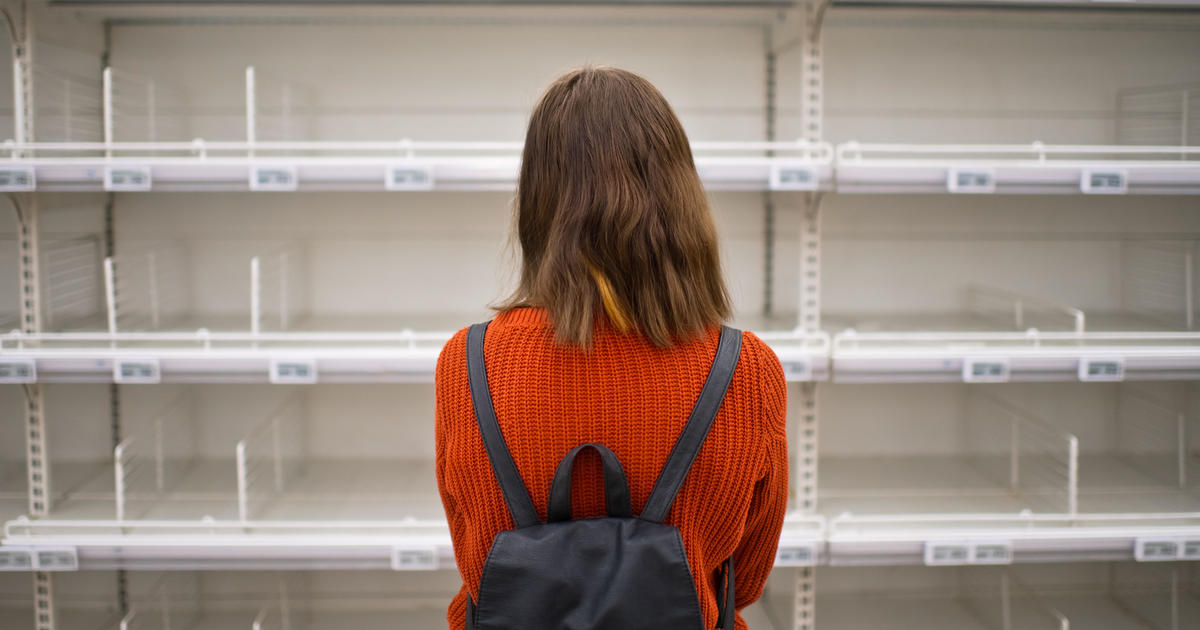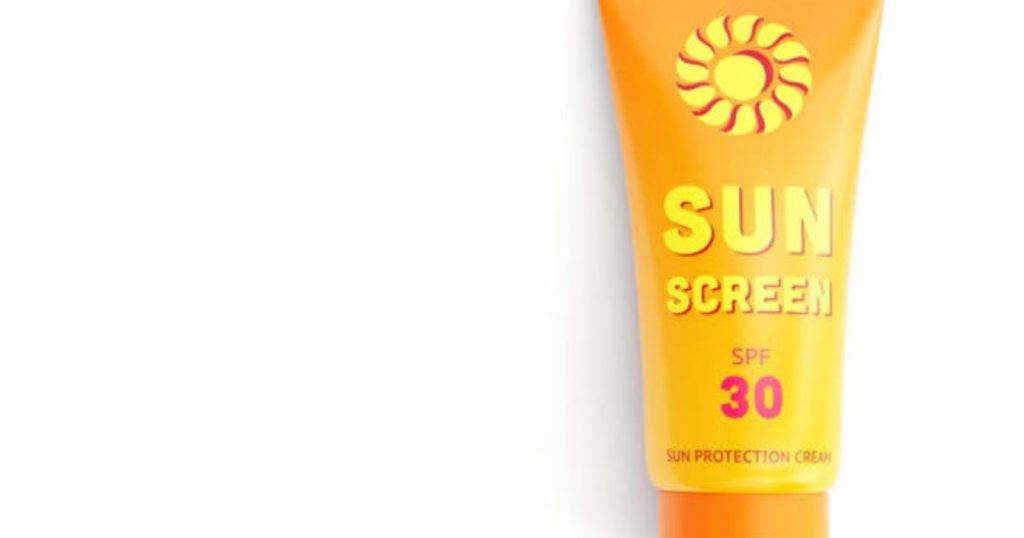
Parents across the U.S. are struggling to find baby formula, spending hours driving to local stores and scouring shelves in search of nutrition to bring home to their children.
Millions of babies across the U.S. rely on formula, and more than 40% of the most popular brands are sold out at stores across the nation, according to an analysis of grocery stock from Datasembly.
For parents who can’t get their hands on their babies’ usual formula products, pediatricians and maternal health experts offer their advice, including what not to do amid a national baby formula shortage.
Try whole cow’s milk
For most babies who don’t have special needs and are six months or older, whole cow’s milk is a safe alternative to formula, so long as it is only used as a substitute for a short period of time, according to Dr. Steven Abrams, a professor of pediatrics at the Dell Medical School at The University of Texas at Austin.
“But for babies under six months of age, it’s a real problem, especially in the first few months. Whole cow milk is not a good alternative, nor are adaptive cow milk formulas,” Dr. Abrams told CBS MoneyWatch.
Look for samples at your pediatrician’s office
Most pediatricians’ offices stock samples that can tide parents over for a short period of time until stores are able to restock. Also ask your pediatrician about European formulas that may be similar to an unavailable product in the U.S.
Buy store-brand products
Consider switching to store-brand baby formula products.
“Unless a baby is on specialty formula, most ingredients are similar,” said Jackee Haak, a lactation care provider who is on the board of directors for the United States Lactation Consultant Association. “For regular formula, switching brands is not as scary as people used to think it was, so there are opportunities for that as well.”
Breastfeed if you can
Parents who are considering breastfeeding can reach out to a lactation consultant if their baby currently relies on a formula diet.
Of course, not everyone has the ability to breastfeed.
“It a misconception that everyone has the capacity to breastfeed. Barriers make that challenging,” Haak said.
Parents who go this route can buy a breast pump, which these days is covered by most insurers.
“You can pump and bottle feed if you don’t want to latch [the] baby. That can be a short-term choice a parent makes until this changes,” Haak said.
Reach out to breast milk banks
The Human Milk Banking Association of North America, made up of 30 nonprofit milk banks across the U.S. and Canada, is calling on more women who can to donate their own breast milk, which is distributed to local milk banks and pharmacies and made available to parents in need.
Typically, parents seeking donated breast milk for their babies can get a prescription from their pediatrician.
“Milk banks receive donations, they process it and do a lot of testing and pasteurize it, then they freeze it and are able to distribute it,” Natalia Summerville, a breast milk and formula expert and lecturer at Duke University and the Massachusetts Institute of Technology said. “A lot of it goes to NICUs but when they have a surplus they expand to donating it to pharmacies.”
He added, “It’s similar to blood donations. Mothers pump milk and donate it and do a fantastic job of distributing it.”
Start by consulting your pediatrician and ask for a prescription if donated breast milk is deemed suitable for your child. If so, reach out to your local breast milk bank and ask if they have surplus milk available. Usually it is provided at no cost to families who need it.
“A lot of moms that have more than enough milk to feed their own babies and have a surplus are willing to contribute it for social good,” Summerville added.
Connect on social media
Look for support groups on social media websites such as Facebook that are dedicated to helping parents find formula through crowdsourcing.
“There are pockets of supply in different areas,” said Haak. “Some people are finding supply and there is a lot of sharing going on. “I’ve seen people post things like, ‘I am in this area, this is what I see, does anyone want me to buy this for them?'”
Jennifer Kersey, 36 of Cheshire, Connecticut, said she was down to her last can of formula for her 7-month old son when someone saw her post on a Facebook group and delivered her a few sample cans.
She told The Associated Press that she “just started reaching out to people, ‘Hey do you have this formula?'”
It’s a collective effort. Group members who find formula in stock help get it to mothers in need.
“If someone offers me and says, ‘I have these three,’ I’ll say ‘I’ll take the purple can and then put the other ones on that website. I’m not going to hoarder stuff; I’m making sure that everybody has.”
Don’t dilute formula
“For sure, we don’t want parents to over-dilute their formula. It is certainly better to use cow milk than over-diluting formula,” said Dr. Abrams of UT Austin. Diluting formula is “basically the same as giving the baby extra water. All it does is fill up their stomachs, it doesn’t actually provide them with nutrition. It doesn’t do anything to fortify the baby, and is the same thing as using juices,” he said.
“If you dilute formula, it changes the baby’s electrolytes and they could get out of whack. They won’t get the nutrients and calories they need and it is really not recommended,” said Haak, the lactation care provider.
Don’t make it at home, either
“We can’t recommend the use of homemade formulas or anything of that sort — it’s simply dangerous, especially in a baby’s first few months,” Dr. Abrams said.
“Formula is really designed and fortified with all the things the bay would potentially need. A lot of recipes [are] floating around from what my grandparents were told to do but that is absolutely not recommended. There is a lot of damage that can be done,”
Haak said.
— The Associated Press contributed to this report

